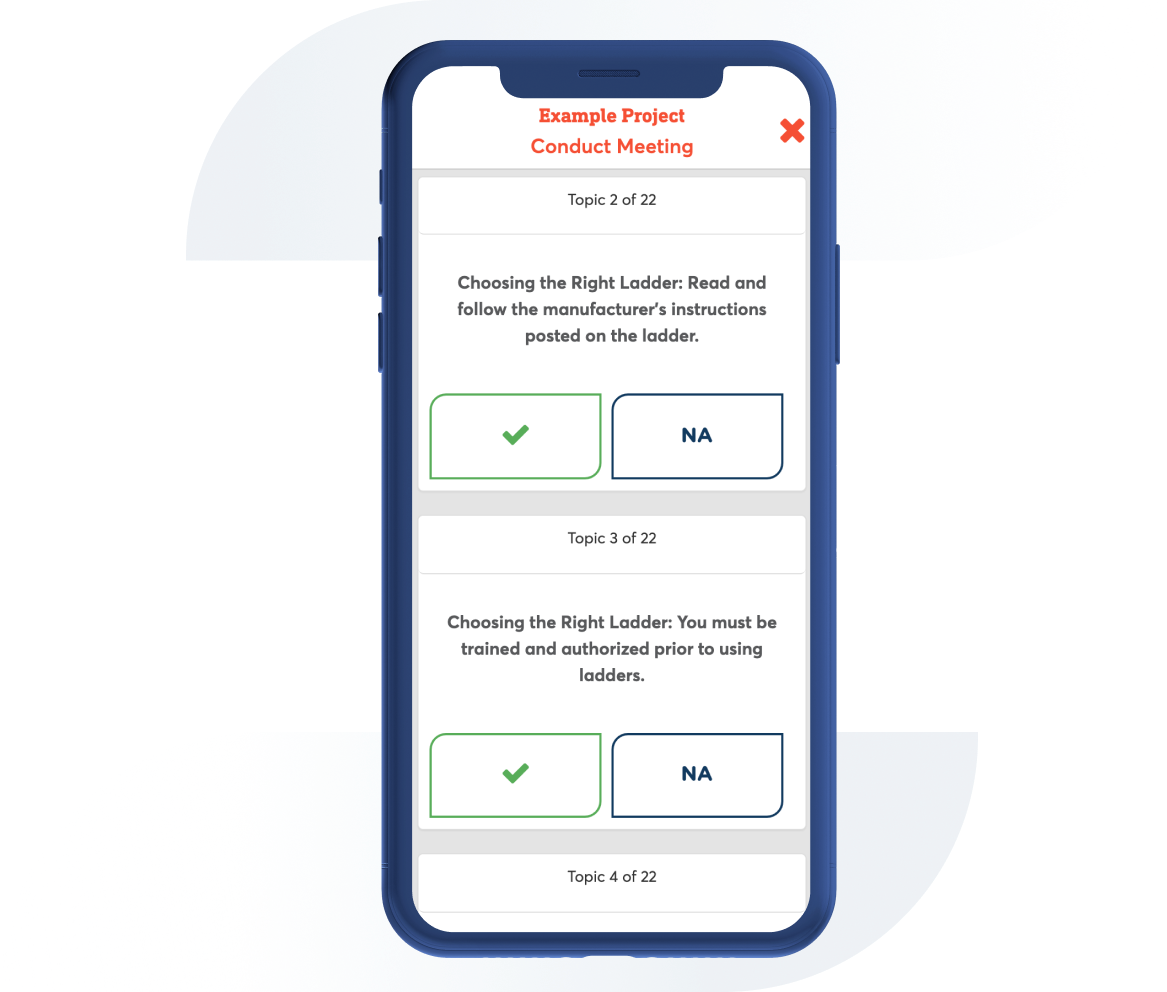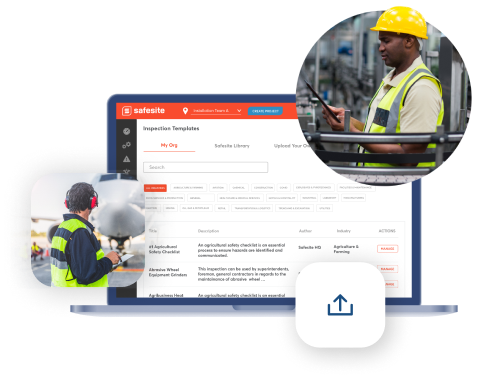Irrigation Safety in Agriculture and Farming
Contributor: Safesite HQ 2 Jurisdiction: General
Use this Safety Meeting to discuss potential hazards of Irrigation Systems as well as potential solutions and controls.

1. Irrigation systems can pose several different hazards such as electrical contact, caught-In injuries, chemical exposures, falls, and physical injuries. It is important to be aware of all potential hazards and follow all controls in place to reduce risk of injury.
2. Irrigation equipment is visually inspected for structural integrity prior to operation. Signs of structural collapse, loose or missing bolts, corrosion, or any other signs of damage mean that the equipment should not be in service until repairs are made.
3. Only trained operators can use any equipment such as excavator, ditch witch, tractor, or any other heavy machinery.
4. Know locations of nearest emergency care locations and review company emergency procedures.
5. Inspect electrical components prior to each use. Look for broken, separated, or corroded electrical conduits and enclosures.
6. Assess the environment, and be certain that moving irrigation equipment will not come in contact with any buildings, powerlines, or other structures that are near by.
7. When qualified service personnel are performing maintenance or repairs on irrigation systems, ensure that the electrical power has been disconnected and the master control panel is locked. After maintenance is complete and before reactivating electrical power, ensure that the everyone is clear of the machine.
8. Be cautious when working with irrigation hydrants and valve openers to prevent a sudden release of pressure.
9. Be aware of overhead powerlines when operating your irrigation systems, performing maintenance, and while carrying aluminum irrigation pipe. Store irrigation pipe at least 100 feet from overhead powerlines.
10. Keep away from moving parts when irrigation systems are operating. Never attempt to remove vegetation, or other materials from rotating equipment, while it is operational, ALWAYS shut down the machine for any type of maintenance or repairs.
11. Avoid spraying water on overhead power lines. If water is spraying on overhead power lines, do not touch the irrigation system, and alert the power company.
12. Be aware that working in a damp and wet environment makes workers more susceptible to electrical shock. It is important to take all necessary precautions.
13. Avoid operating and coming in contact with irrigation equipment during inclement weather, especially during windy or electrical storms.
14. Keep all guards and shields attached and ensure they are functional and not damaged.
15. If chemicals are added to the irrigation water then ensure that the spray does not go outside the area of operation, and avoid exposure to spray drift.
16. Have a plan for all emergency situations that can occur, and ensure all workers are aware of these procedures as well.
Additional Comments

Can't find what you are looking for?
